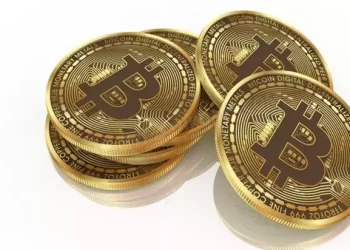The Heco Chain, a decentralized blockchain developed by Huobi Exchange, has officially announced its retirement, urging users to convert and redeem their assets before January 10, 2025. The decision signals the end of operations for the blockchain network, which was once supported by prominent decentralized finance (DeFi) projects.
Transitioning Out: A Call for Asset Redemption
To facilitate a smooth transition, Heco users holding HRC20 assets—such as HRC20ETH, HRC20TUSD, and HRC20USDT—must deposit them into a designated redemption address, accessible via the HecoDAO official website. These assets will be converted into points based on their values as of November 10, 2024, with each USDT-equivalent earning one point linked to the user’s wallet address.
Following the redemption process, users will receive $HTX tokens, with each point worth up to 200,000 $HTX. Token distribution will commence on January 15, 2025, and will occur in 12 monthly installments. To participate, users are required to provide their TRON addresses for the token exchange.
Heco’s Legacy and Challenges
Launched as a cost-effective, developer-friendly alternative to Ethereum, Heco Chain supported numerous DeFi projects, including LendHub—a credit and debit protocol offering mining solutions—and MDEX, a decentralized trading platform renowned for liquidity and transaction mining. The network also stood out for its lower transaction fees, cross-chain compatibility, and seamless integration with Ethereum-based smart contracts.
However, Heco faced increasing challenges in competing with larger blockchain ecosystems like Binance Smart Chain, Solana, and Ethereum. The decision to retire highlights the difficulties smaller networks encounter in maintaining market relevance and operational sustainability.
A Shift in the DeFi Landscape
The shutdown of Heco marks a significant moment in the decentralized finance sector, emphasizing the evolving dynamics of the blockchain industry. Users and developers are encouraged to act swiftly, redeeming their assets and preparing for the transition as the network winds down.
The retirement not only reflects the competitive pressures within the blockchain space but also underscores the need for adaptability as decentralized platforms navigate an ever-changing landscape.
Related topics:
Cardano Price Surges Amid Surge in Whale Activity
Bitcoin Hits Record $96,650, Eyes $100K as Trump Embraces Crypto
Phantom Wallet Surpasses WhatsApp and Instagram in iOS Rankings

















